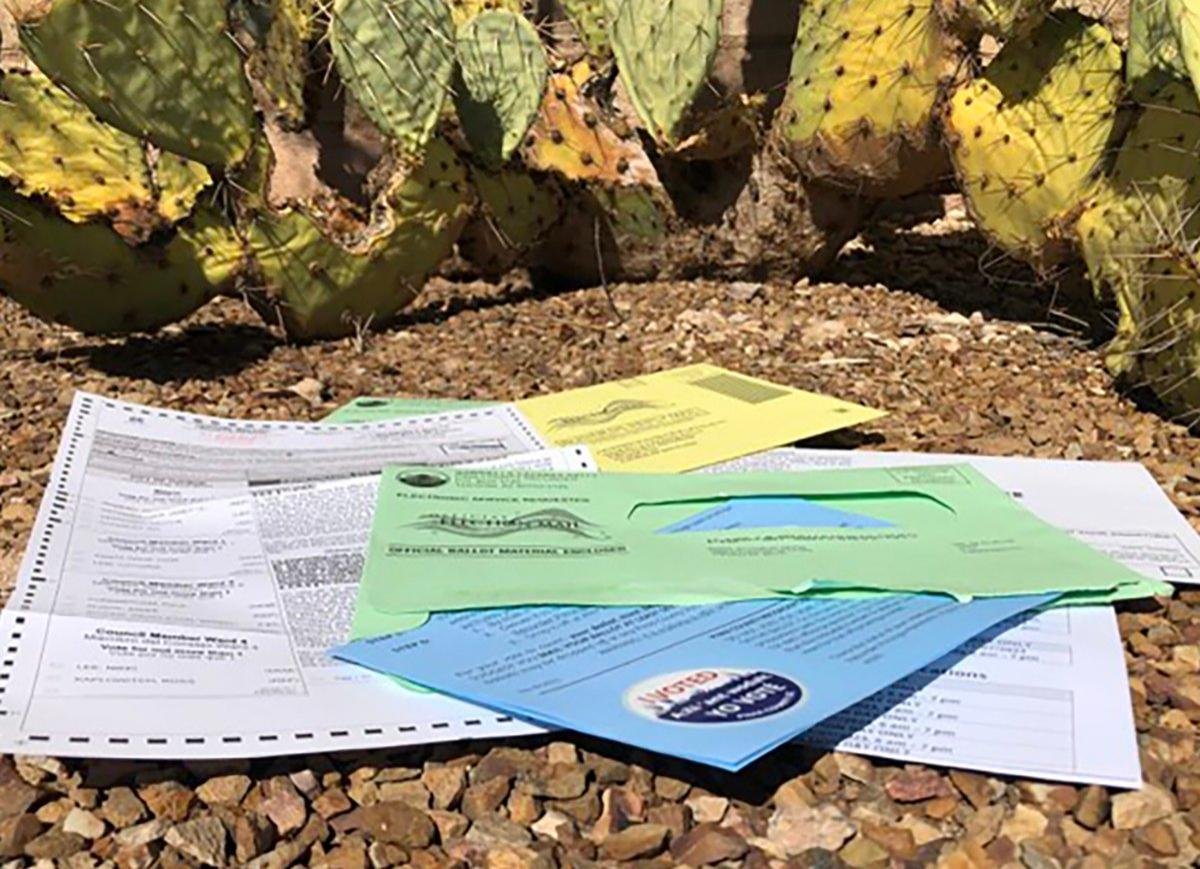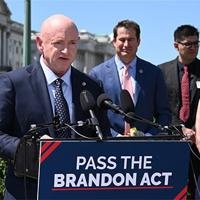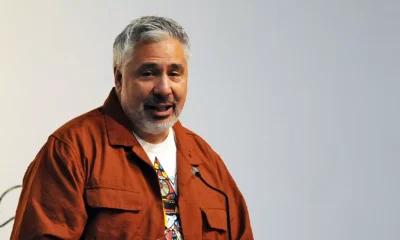border
City Council Faces Sobering Reality Check on Election Security

Election Day has often been a day of celebration and civic engagement, a time when community members unite to express their political preferences. Historically, it offered a unique opportunity to observe candidates evolving from novices to seasoned politicians, learning the ropes of campaign strategy along the way. The atmosphere was electric as citizens cast their votes, proudly sporting “I Voted” stickers, underscoring their commitment to democracy.
However, this election cycle carries a cloud of uncertainty. As Tucson prepares for the upcoming 2024 elections, concerns over voter safety have emerged. The Tucson City Council recently convened a closed-door meeting with county election officials to discuss measures needed to protect voters and poll workers from rising threats and intimidation.
Consider the implications of such fear surrounding election workers. What if it were not a partisan issue dominated by a specific demographic? If those wielding intimidation tactics represented marginalized groups, the narrative would likely shift dramatically. Law enforcement responses could be severe, reflecting public outcry and calls for accountability.
Currently, the threats seem to stem from the same political climate that questions the validity of the electoral process. This environment fosters an unsettling “normalcy” where intimidation tactics are brushed aside as mere byproducts of political discourse. The Tucson City Council is taking these concerns seriously, seeking security measures to ensure election day is conducted safely.
Elsewhere in municipal governance, the Tucson City Council’s agenda includes plans to improve community infrastructure. Among these is a financing deal to revitalize a property at 600 S. Meyer St., aiming to establish the AVANZA Empowerment Center, dedicated to small business support. Furthermore, a vote is set to waive impact fees totaling $150,000 for an affordable housing duplex aimed at low-income families.
Environmental initiatives are also on the table, with the Council set to endorse the Santa Cruz River Urban National Wildlife Refuge project. This grassroots endeavor seeks federal approval to protect and restore vital waterways in the area.
As discussions unfold, the Nogales City Council will consider banning “Jake braking,” a noise-making mechanism used by large trucks. This decision reflects community concerns regarding noise pollution in residential areas while emphasizing safety measures on local roadways.
The Flowing Wells Unified School District Governing Board is preparing to vote on modifications to its Classroom Site Funds policy. This funding, originating from a voter-approved measure, is essential for supporting teacher performance. The community will be eager to know how these changes could impact educators’ earnings.
Meanwhile, Pima Community College continues its effort to secure funding amidst a challenging economic landscape. The Pima Foundation reports on its initiatives for attracting private donations to sustain school programs, amidst circumstances where state funding has dwindled.
As local governments contemplate their next steps, discussions on various urban projects will also unfold this week, including the Tucson Convention Center’s recent developments. These considerations shape the city’s trajectory, promising to influence both governance and community welfare in the months ahead.

















